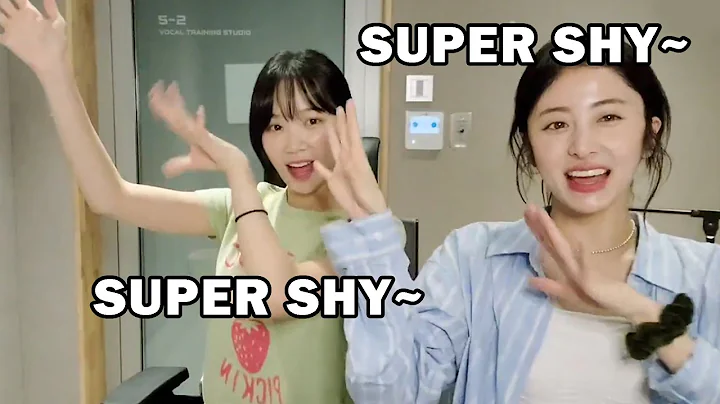Dog whistle和whistle blowing,兩個詞組中都含有whistle,在使用時容易混淆。今天我們就將這兩個近型詞組徹底搞清楚。
先看一下dog whistle(吹狗哨)在字典中的解釋:
Collins:relating to the targeting of potentially controversial messages to specific voters while avoiding offending those voters with whom the message will not be popular.

Dog whistle是一個與Z治有關的術語,指西方Z客們以隱秘方式說出某些容易引起爭議的話題以取悅特定群體。由於表達方式相對隱秘,只有特定受眾才能明白話語中所暗含的意味並為之興奮,而“非受眾群體”則會對此一無所知。
dog—whistle一詞來自澳大利亞英語。其中dog whistle(狗哨)是當地牧羊人呼喚牧羊犬時使用的一種高頻口哨,其聲音人聽不到,只有牧羊犬能夠聽到。在澳大利亞人首先將這個詞引入Z治術語後,整個英語世界也紛紛採用。
作為曾經的競選對手,希拉里曾表示“Donald Trump’s says amounts to "a dog whistle to his most hateful supporters".
下面看一下whistle blowing(吹哨)的解釋:
Collins:Whistle-blowing is the act of telling the authorities or the public that the organization you are working for is doing something immoral or illegal.

Whistle blowing指“內部人員向官方檢舉本單位內的不法/不道德行為“,這個詞組側重於“內部人員檢舉本單位內發生的不法勾當”。而“檢舉人”則是Whistle blower。前段時間國外媒體報道谷歌內部人員檢舉谷歌不法行為,使用的標題便是“I'm the Google whistleblower. The medical data of millions of Americans is at risk”。
此外,“檢舉某事”可以使用“ blow the whistle on sb/sth”。例如:A former employee blew the whistle on corrupt practices within the company.
還是想再提醒您一下,whistle-blowing 只用在“內部人員舉報本單位內部事務”的情況。
您學會了嗎?




![[MAMA 2022] IVE, KEP1ER, NMIXX, LE SSERAFIM, NEWJEANS - 'Cheer Up' Lyrics (Color Coded Lyrics) - 天天要聞](https://i.ytimg.com/vi/emQIKe2tGl8/hq720.jpg?sqp=-oaymwEcCNAFEJQDSFXyq4qpAw4IARUAAIhCGAFwAcABBg==&rs=AOn4CLBitWecJGXwnCsgIXjiSuzCmdM-1w)
![NewJeans在宣布獲大賞後全員毫無反應 「你們忘了嗎?我們是NewJeans啊」XD| [K-潮流] - 天天要聞](https://i.ytimg.com/vi/VpJrVDAgBLs/hq720.jpg?sqp=-oaymwEcCNAFEJQDSFXyq4qpAw4IARUAAIhCGAFwAcABBg==&rs=AOn4CLAaXE8uvu_gvrtmhqxrfNkwM21qLA)

![[2022 MAMA] IVE&Kep1er&NMIXX&LE SSERAFIM&NewJeans - CHEER UP | Mnet 221129 방송 - 天天要聞](https://i.ytimg.com/vi/d2heDnR3sjc/hq720.jpg?sqp=-oaymwEcCNAFEJQDSFXyq4qpAw4IARUAAIhCGAFwAcABBg==&rs=AOn4CLAaAaOJ1FOuMVt8zl0aAdxxx1s2FQ)

![[2022 MAMA] IVE&Kep1er&NMIXX&LESSERAFIM&NewJeans-ELEVEN+WADADA+O.O+FEARLESS+Hypeboy | Mnet 221129 방송 - 天天要聞](https://i.ytimg.com/vi/IJks7TIDfnk/hq720.jpg?sqp=-oaymwEcCNAFEJQDSFXyq4qpAw4IARUAAIhCGAFwAcABBg==&rs=AOn4CLBY-vECgvowNPEf_1BO1TlRrKZwjw)

